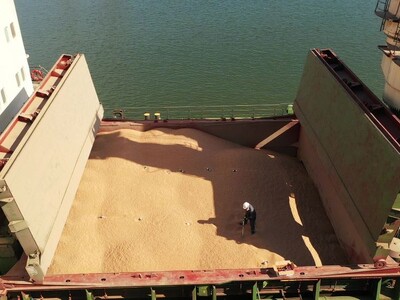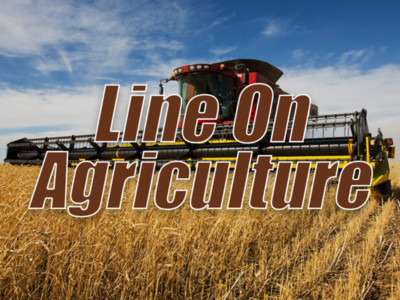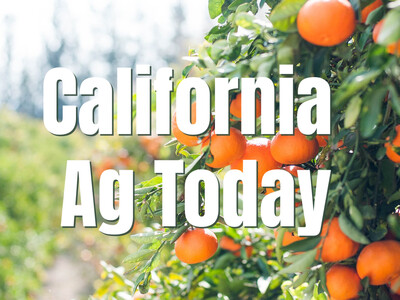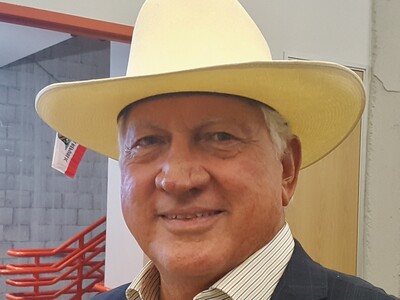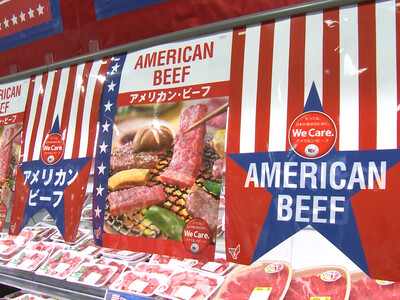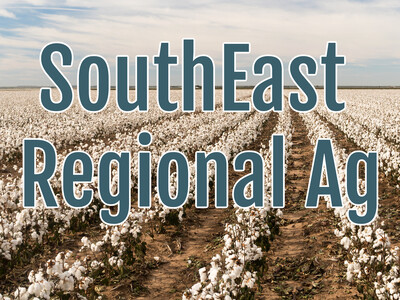Moving Ahead with FTA's
Moving Ahead with FTA’s. I’m Greg Martin with today’s Line On Agriculture.
The House Ways and Means Committee is holding a hearing about the pending South Korea, Panama and Colombia Free Trade Agreements, which have been on the congressional backburner literally for years. American Farm Bureau President Bob Stallman will be one of the people to testify.
STALLMAN: This issue is important to U.S. agriculture because passage of these three free trade agreements will increase agricultural exports $3 billion upon full implementation. Every additional billion dollars worth of agricultural exports creates 9,000 new jobs and given the economic situation we’re in that’s very important to the U.S. economy.
But while the U.S. government has stalled on the agreements, other nation’s have been forging ahead, enacting their own free trade deals.
STALLMAN: We have traditionally talked trade agreements in the context of opening new markets and having new opportunities, but in the instance of these three agreements, us not passing them is actually reducing our competitive advantage and we are losing markets. One example of how we’re losing our competitive edge by not passing these agreements is Colombia where the U.S. market share of corn, wheat and soybeans has gone down from a peak of 76 percent to just 27 percent in three years. Our competitors have taken up that difference.
Because with no or lower tariffs, their products are cheaper than ours.
STALLMAN: Our message to the Congress and the President is very simple and very clear. We have waited far too long. We need to pass and implement these three free trade agreements as quickly as possible.
Stallman explains why these pending free trade agreements are such a big deal for U.S. agriculture.
STALLMAN: Full implementation of these agreements will be very beneficial to U.S. agriculture. We’re talking about a combined increase in exports in the area of $3 billion by implementation of these agreements and that is very important for us to have markets for our products for U.S. agriculture.
And he talks about the impact of the delay in passage of the three free trade agreements.
STALLMAN: While we have delayed for the past years implementing these agreements, other countries have gone ahead and put their agreements into force, reduced the tariffs on the products that they bring to these countries while the U.S. producers are at a disadvantage of having higher tariffs.
That’s today’s Line On Agriculture. I’m Greg Martin on the Ag Information Network.




